lab book.
A GUIDE FOR INNOVATIVE MATERIALS
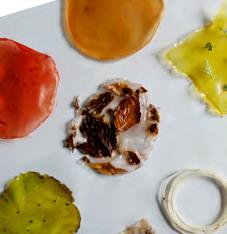 EDITED BY NICLA GUARINO
EDITED BY NICLA GUARINO

 EDITED BY NICLA GUARINO
EDITED BY NICLA GUARINO
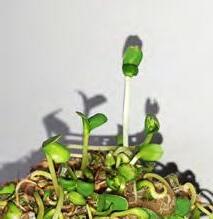
This lab book is a tinkering diary developed during the research thesis for the Master of Science Degree in Design for the Fashion System at Politecnico di Milano.
Supervisor
Prof. Valentina Rognoli
Professor in the Design Department, Politecnico di Milano

Co-supervisor
Dr. Stefano Parisi
Postdoc, TU Delft, Faculty of Industrial Design Engineering
Author Nicla Guarino
April 2022

This lab book is born from the idea to share the personal knowledge derived form my Master of Science Thesis’ sperimentation. It can be considered as a guide of experiments and testings that explore the innovative materials area. Specifically, the world of bioplastics and plants was the focus of the material research.
Part 01 proposes a general introduction of the following sections, providing an overview of investigated materials and the tools utilised to create them.
Bio-based materials testings and particularly bioplastics are deepened in Part 02 . The ‘recipe’ of each sample will be offered with its composition, notes, suggestions and more. Living design and growing materials will be the subject of Part 03. Effectively, the attention is given a definite group of living sources, plants. Thus, different seeds have been tested in combination with several substrates.
Part 04 is about three main testings made for the final project of the Master’s thesis, reGrowth, with the aim to show bio-based materials’ behaviour in certain contexts. In particular, the biodegradability and the resistance of the final samples have been verified and outlined to define some results.
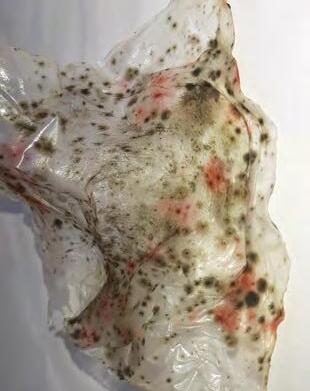
Agar is a gelling agent, originally used in Asian cuisines and now is common all over the world.
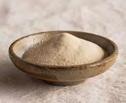
GELATINE
Gelatine is the most known plasticizer in the production of jellybased foods such as aspic or desserts.
Sodium alginate, also identified as E401, is used a lot in molecular grastronomy as spherification.
PECTIN
Activated charcoal is a useful material, especially applicable in biomaterials, thanks to its conductive and purifying properties.
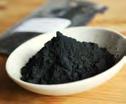
Starch is a natural polymer used especially in cooking and other applications such as injection molding, or extrusion.

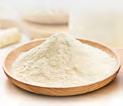

Pectin is a natural polysaccharide extracted from plants and fruits for different applications, i.e. food packaging.
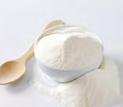
results: RECIPES
13
50 5
TOTAL SELECTED
FOR THE
FASHION FIELD
MATERIALS FOR THE
SELECTED PROJECT
MATERIALS
BIO-BASED MATERIALS

GLYCERINE
BIOPOLYMER
WATER & GLASSES
SPOONS & SPATULA
BOWLS PLATES
SILICONE MOULDS
STOVE
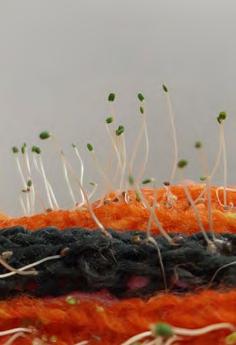

COTTON PADS

PAPER TOWEL
AGAR SUBSTRATE




CATNIP
GERMINATION: 7-10 days
CHIA GERMINATION: 3-14 days

LAVENDER GERMINATION: 15-30 days


LEMON GERMINATION: 7-9 days
SUNFLOWER GERMINATION: 10-14 days




BEST
SEEDS:
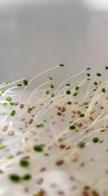

CHIA SEEDS
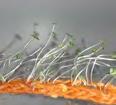
GROWING MATERIALS
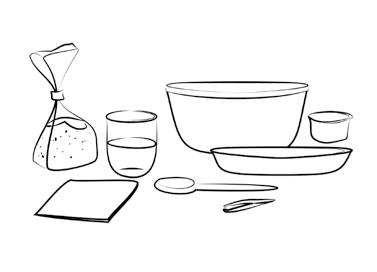
SEEDS
WATER & GLASSES
PLATES & CONTAINERS with LIDS
JARS
TEXTILE SAMPLES
SPOONS
TWEEZERS
recipe n.3
AGAR-BASED


selected bio-based materials
recipe n.19
GELATINE-BASED


recipe n.27
ALGINATEBASED
recipe n.39
POTATO STARCHBASED
recipe n.45 CORN STARCHBASED
on the top of the substrate
selected seeds A B
chia seeds

inside the substrate

hot water

biomaterials chia seeds
potting soil

• Water resistance of biomaterials
• Seeds endurance to the biomaterials production process
• Selected biomaterials Two glass bowls
• Pot
• Water
• Other containers if needed
• Compostability of biomaterials
• Timing of decomposition
• Selected biomaterials
• Potting soil
• Pots
• Water if needed
garden soil
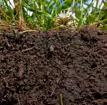
• Compostability of biomaterials
• Timing of decomposition
• Selected biomaterials
• Garden soil
• Pots if needed
• Water if needed
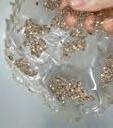
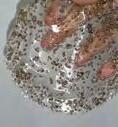
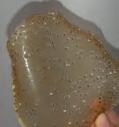

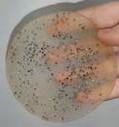
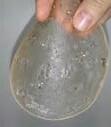
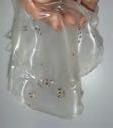
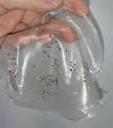

 #5A
#5B
#5A
#5B